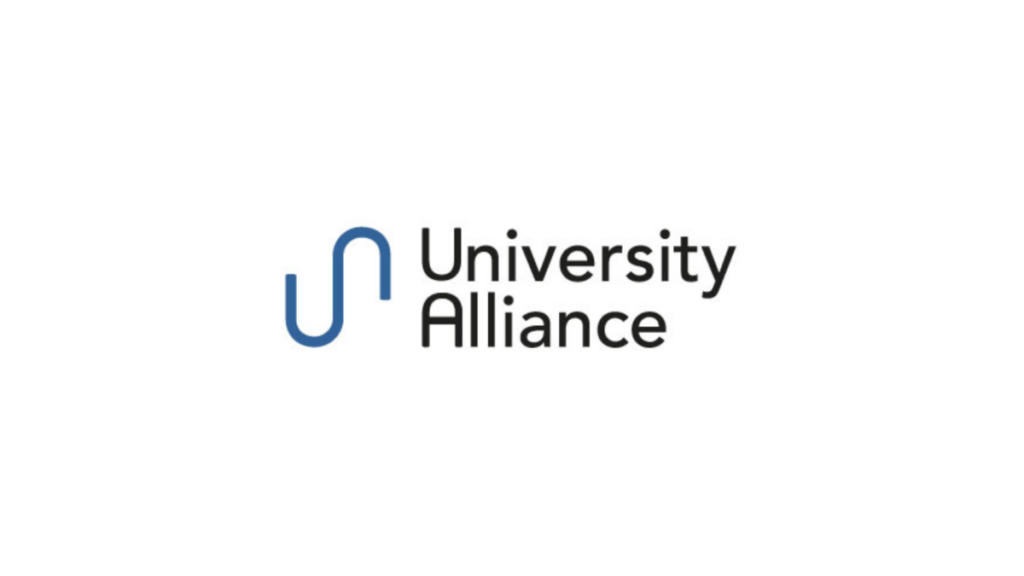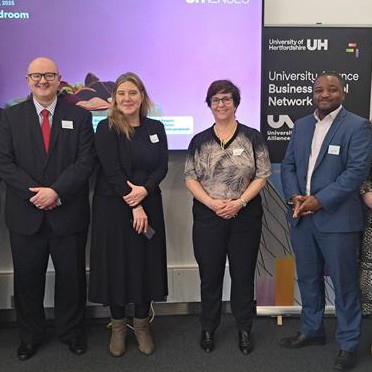Responding to the Autumn Statement delivered by the Chancellor of the Exchequer Jeremy Hunt, University Alliance CEO Vanessa Wilson said:
“We fully acknowledge that this has been a very painful budget, that will no doubt be felt across the UK. We know that staff and students at UK universities will be very worried about what this means for them, and we will be working with government to minimise the impact of the cost-of-living crisis on the people in our institutions.
We are pleased that the Government has focused on long-term growth alongside short-term savings, and committed to many of the policies set out in our recently published Vision For Growth.”
On Research, Development and Innovation
“We are delighted that the Chancellor of the Exchequer has recommitted to growing the Research and Development budget to £20bn by 2024/25.
This is something that we, along with partners across business and industry, have been calling for through our #InnovateForGrowth campaign over the past few weeks.
The announcement is a vote of confidence in universities as engines for growth. Alliance universities invest and support high-potential innovative businesses to scale and grow – and they help increase SME investment in R&D through long-term relationships with small businesses that progress up the innovation chain.
Universities stand ready to play a vital role in unleashing the power of innovation and delivering economic opportunity and prosperity in regions right across the UK.”
On NHS workforce reform
“We have long called for a comprehensive NHS workforce plan, and welcome the Chancellor’s announcement that this will be developed next year.
Alliance Universities are some of the largest providers of healthcare training in the UK. The Government and the NHS will need to work strategically with universities and other training providers if we are to meet future workforce needs in terms of training, productivity and retention. We hope to collaborate and play a much more strategic role in workforce planning going forward.
For example, the Chancellor’s commitment to growing the number of midwives in the UK will fail without reform to outdated EU regulation on placement hours. Universities can work with government to overcome these challenges.
We welcome the newly commissioned independent review by Patricia Hewitt, which will explore how Integrated Care Boards (ICBs) can work with appropriate autonomy and accountability. Universities should play a key role in the ICBs, as well as the newly created Integrated Care Systems (ICSs).”
On investment zones
“Growth must be delivered across the UK to benefit every person in every community. Technical and professional universities like those in the Alliance are deeply embedded in their communities, delivering the skills and knowledge needed by local employers, creating jobs and infrastructure and attracting investment.
It is right that we capitalise on our strengths and focus investment zones around universities to create ‘knowledge intensive growth clusters’. This initiative could be truly transformational.”
On skills
“Alliance universities work closely with employers to design and deliver education that meets the needs of the economy. We know from our conversations with business and industry that the growing skills shortage is one of the biggest challenges facing employers today.
We are pleased that the Autumn Statement identified skills as a priority. The appointment of Sir Michael Barber as an Advisor for Skills Reform, responsible for overseeing the delivery of Higher Technical Qualifications and the Lifelong Learning initiative is very welcome. This signals the government’s commitment to delivering the skills revolution that has been promised.
University Alliance has released a Blueprint for the LLE, which, if implemented, could offer transformational opportunities to students of all backgrounds and ages. As the UK’s leading technical universities, Alliance Universities are natural partners for government in delivering this, and we look forward to working closely together.”
On regulation and efficiency
“It is right that the efficiency of public bodies is regularly reviewed, especially in economically turbulent times. This should include a thorough review of regulators and regulatory processes across higher education. Universities’ ability to drive growth is held back by inefficient regulation, for example in areas such as healthcare training, degree apprenticeships and international exports. We hope that any review of public bodies will identify and address this.”




